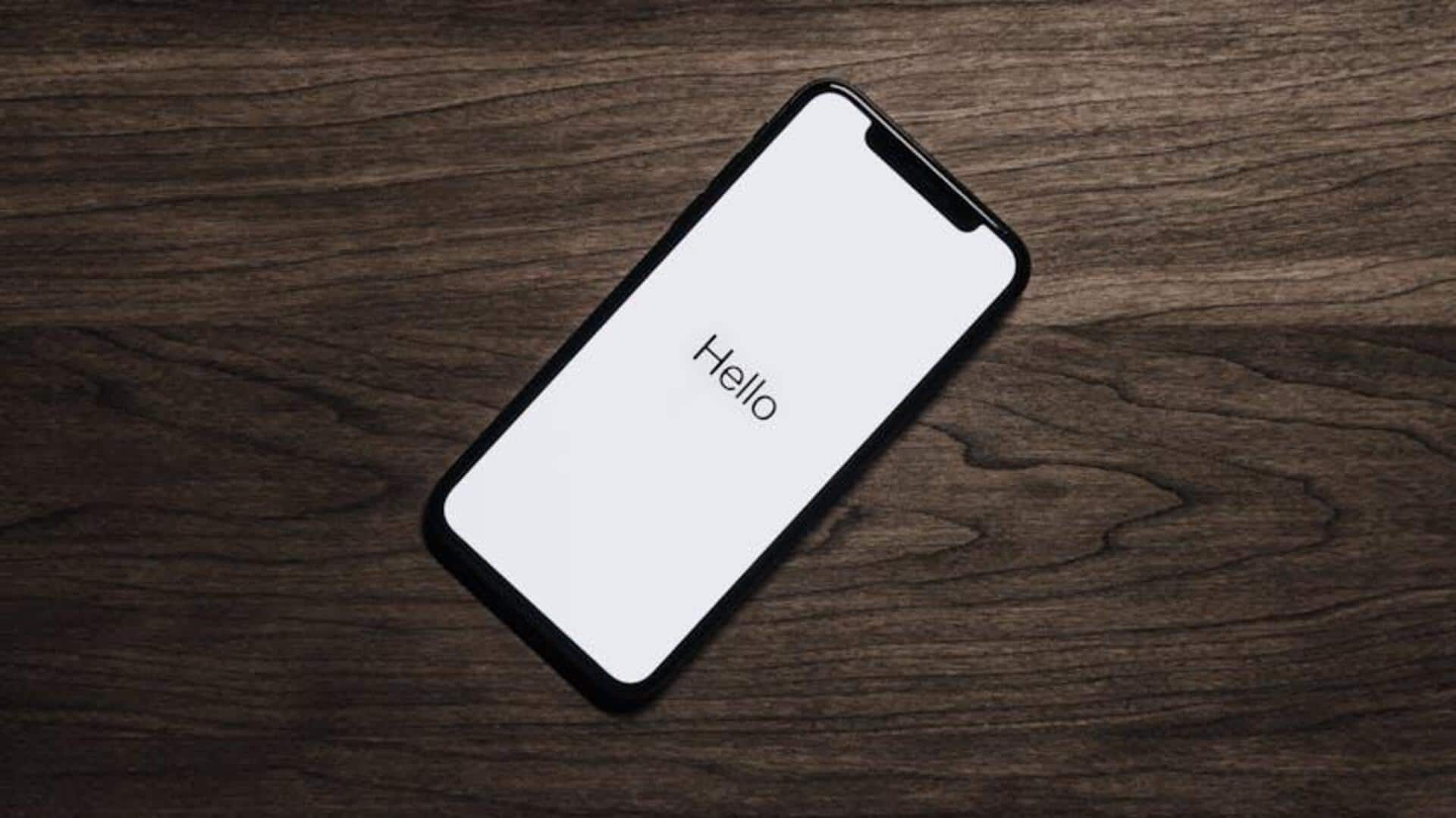
How to keep your personal data safe on Android
What's the story
Android devices have become an integral part of our daily lives, storing a plethora of personal data. However, with the growing number of cyber threats, it is imperative to safeguard this information. Here are five practical ways to enhance your Android device's security and keep your personal data safe. These measures are easy to implement and can significantly reduce the risk of unauthorized access.
Tip 1
Use strong passwords and biometrics
Using strong passwords is the first line of defense against unauthorized access. Make sure your password is a mix of letters, numbers, and special characters. Biometric features such as fingerprint or facial recognition provide an additional layer of security, making it more difficult for anyone else to unlock your device.
Tip 2
Enable two-factor authentication
Two-factor authentication (2FA) adds an extra step while logging into accounts on your device. With 2FA enabled, you'll have to verify your identity using a second method, such as a text message or email confirmation code. This makes it difficult for hackers to gain access even if they have your password.
Tip 3
Regularly update your software
Keeping your device's software up-to-date is critical for security. Updates usually come with patches for vulnerabilities that could be exploited by cybercriminals. Set your device to automatically download and install updates whenever they become available to ensure you're always protected by the latest security measures.
Tip 4
Be cautious with app permissions
Apps often ask for permissions that may not be necessary for their functionality. Before granting permissions, think about whether they are really required. For instance, a weather app doesn't need access to your contacts or camera. Being mindful of app permissions can help limit potential data exposure.
Tip 5
Use a VPN on public networks
Public Wi-Fi networks are often unsecured and can be a breeding ground for cyber threats like data interception. A Virtual Private Network (VPN) encrypts your internet connection, making it much more difficult for hackers to access your personal information while you browse over public networks. This added layer of security is especially important when accessing sensitive data or logging into accounts on the go.